Wroclaw’s "Day of WW2" tour immerses participants in the chilling history of the Osówka Complex, the somber Gross-Rosen Concentration Camp, and the imposing Ksiaz Castle. As they traverse these significant sites, visitors confront the harrowing realities of the past while appreciating the stunning landscapes of Lower Silesia. Each location tells a story of resilience and ambition, provoking thought about the complexities of human nature during wartime. What insights will emerge from these discussions, and how might they reshape one’s understanding of history?
Good To Know
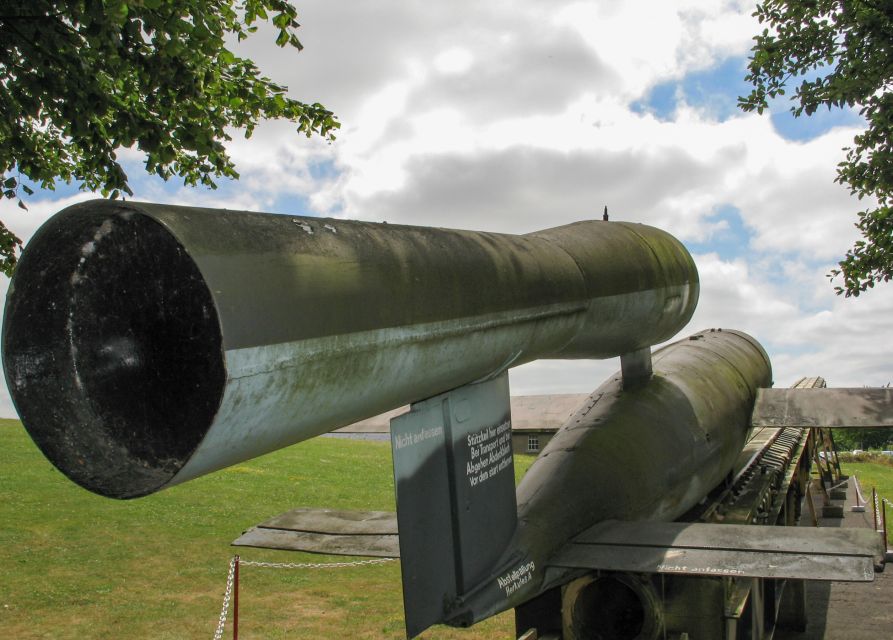
- The tour covers significant WWII sites in Wroclaw, including the Osówka Complex, Gross-Rosen Concentration Camp, and Ksiaz Castle.
- Osówka Complex served as a secret Nazi headquarters, showcasing the regime’s dark ambitions during the war.
- Gross-Rosen Concentration Camp is notorious for its brutal conditions, where approximately 40,000 prisoners lost their lives from 1940 to 1945.
- Ksiaz Castle features stunning Gothic and Baroque architecture, historically linked to Hitler’s paramilitary organization during WWII.
- The tour offers a personalized experience with a maximum of 8 participants, enhancing engagement and understanding of each historical site.
Overview of the Tour
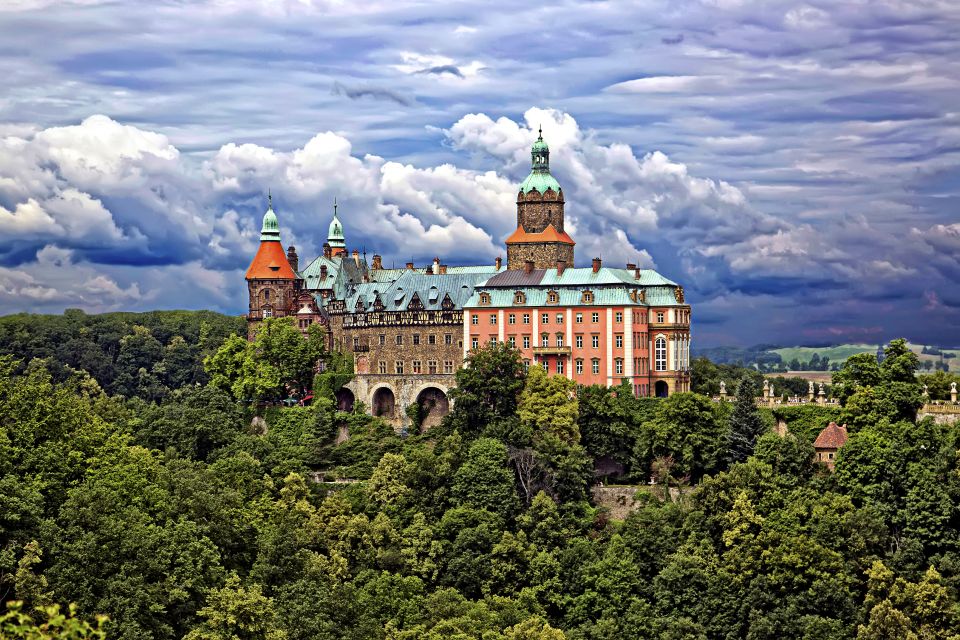
The Wroclaw: Day of WW2 tour offers a comprehensive exploration of significant historical sites from World War II in a single day.
Lasting nine hours, this tour guides participants through key locations, including the Osówka Complex, Ksiaz Castle, and the Gross-Rosen Concentration Camp.
With a maximum of eight participants, the experience remains intimate and engaging.
Tour guides provide insights in English, while audio guides are available in multiple languages.
Starting from around $186.77 per person, the tour includes hotel pick-up, ensuring convenience.
Participants appreciate the informative nature of the tour, often highlighting the quality of guides and organization.
The opportunity to cancel up to 24 hours ahead without penalty adds to the tour’s appeal, making it a valuable experience for history enthusiasts.
You can also read our reviews of more tours and experiences in Wroclaw.
Historical Significance of Riese
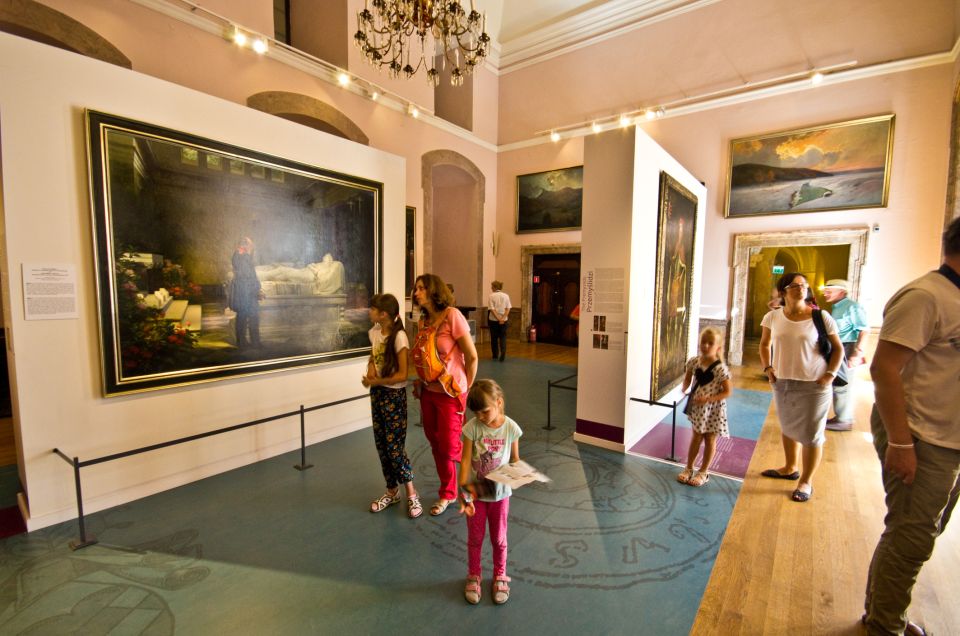
Riese holds a crucial place in the narrative of World War II, serving as a testament to the scale of Nazi ambitions and the lengths they went to in pursuing their secretive projects.
This extensive underground complex reflects the dark ingenuity of the regime and its obsession with power. The historical significance of Riese can be summarized in four key points:
-
Strategic Location: Riese was strategically positioned in Lower Silesia, critical for Nazi operations.
-
Forced Labor: Thousands of prisoners endured forced labor under inhumane conditions during construction.
-
Military Headquarters: It served as a secret headquarters, highlighting Nazi military planning.
-
Legacy of Suffering: Today, it stands as a reminder of the atrocities committed during the war and the resilience of those who suffered.
Exploring Ksiaz Castle
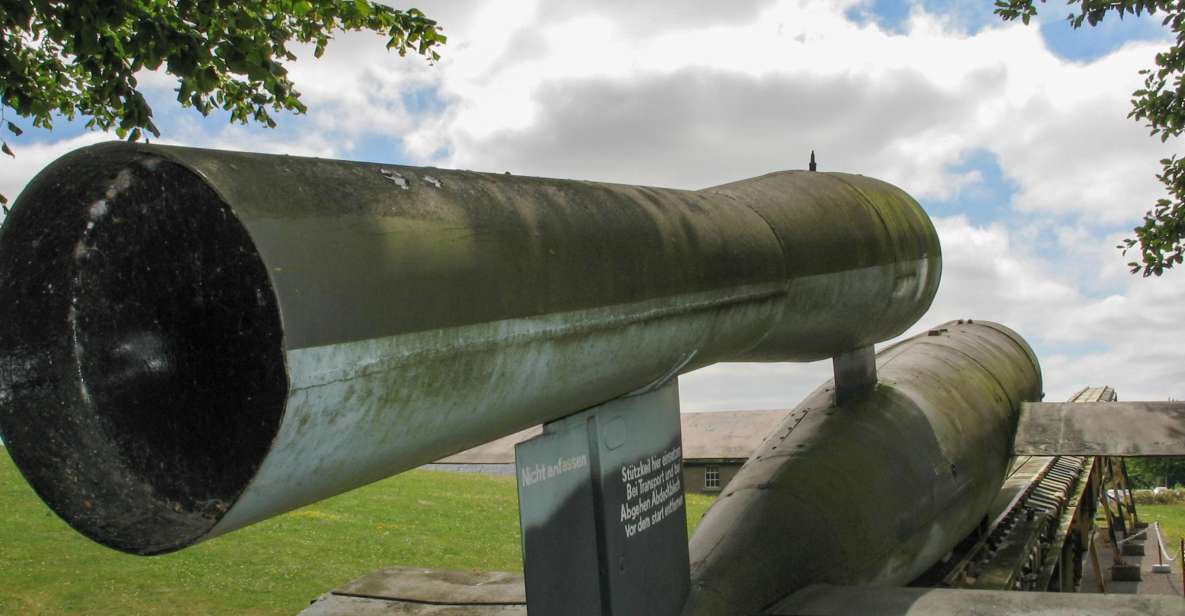
Situated on a dramatic rock cliff, Ksiaz Castle stands as a stunning monument to Poland’s tumultuous history, including its role during World War II. This magnificent structure, the third-largest castle in Poland, has witnessed battles and political intrigue throughout the centuries. During the war, it served as a vital location for Hitler’s paramilitary organization. Visitors can explore its grand halls, lush gardens, and breathtaking views of the surrounding landscape.
| Feature | Description | Significance |
|---|---|---|
| Architecture | A blend of Gothic and Baroque | Reflects Poland’s heritage |
| Gardens | Extensive landscaped areas | A serene escape for visitors |
| Historical Tours | Guided experiences available | Enhance understanding of history |
The Gross-Rosen Concentration Camp
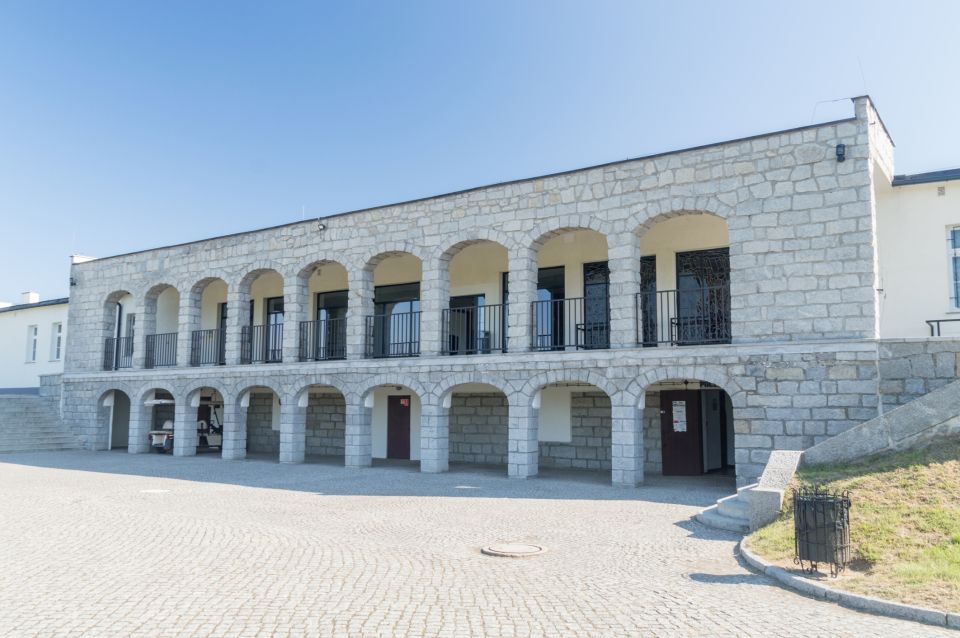
Hundreds of thousands of lives were tragically affected by the Gross-Rosen Concentration Camp, which stands as a haunting reminder of the atrocities committed during World War II.
Established in Lower Silesia, this camp became notorious for its brutal conditions and the forced labor of its prisoners. Approximately 40,000 individuals, including Poles, Jews, Russians, French, and Hungarians, perished within its confines.
Key facts about Gross-Rosen include:
- It was the largest Nazi-German concentration camp in Lower Silesia.
- Prisoners endured extreme labor, often under life-threatening circumstances.
- The camp operated from 1940 until its liberation in 1945.
- It remains a site of remembrance and education about the Holocaust.
The legacy of Gross-Rosen continues to evoke deep reflection on humanity’s darkest chapters.
More Great Tours NearbyTour Experience Highlights
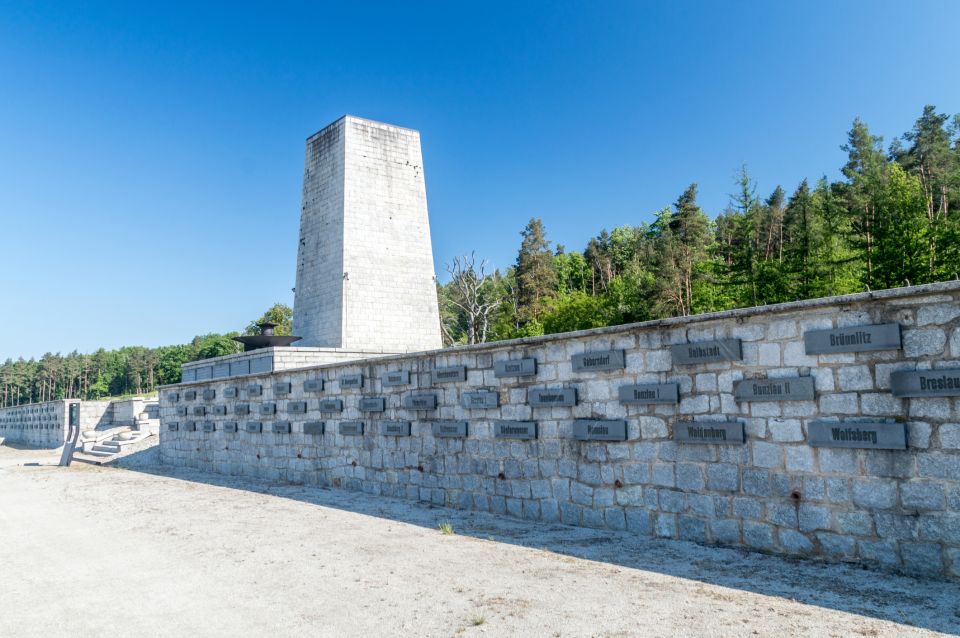
What makes the Wroclaw WWII tour so compelling? The experience immerses participants in pivotal historical sites, including the Osówka Complex, where they’ll explore an underground city that served as a secret Nazi headquarters.
The tour also features the majestic Ksiaz Castle, perched dramatically on a cliff, which played a significant role as a military stronghold.
Another poignant stop is the Gross-Rosen Concentration Camp, where visitors confront the harsh realities of wartime suffering.
With a limited group size of eight, the small setting fosters engaging discussions and personalized attention.
English audio guides enhance understanding, while the knowledgeable driver offers insights and local dining recommendations, ensuring a well-rounded and memorable experience for history enthusiasts.
Customer Feedback and Ratings
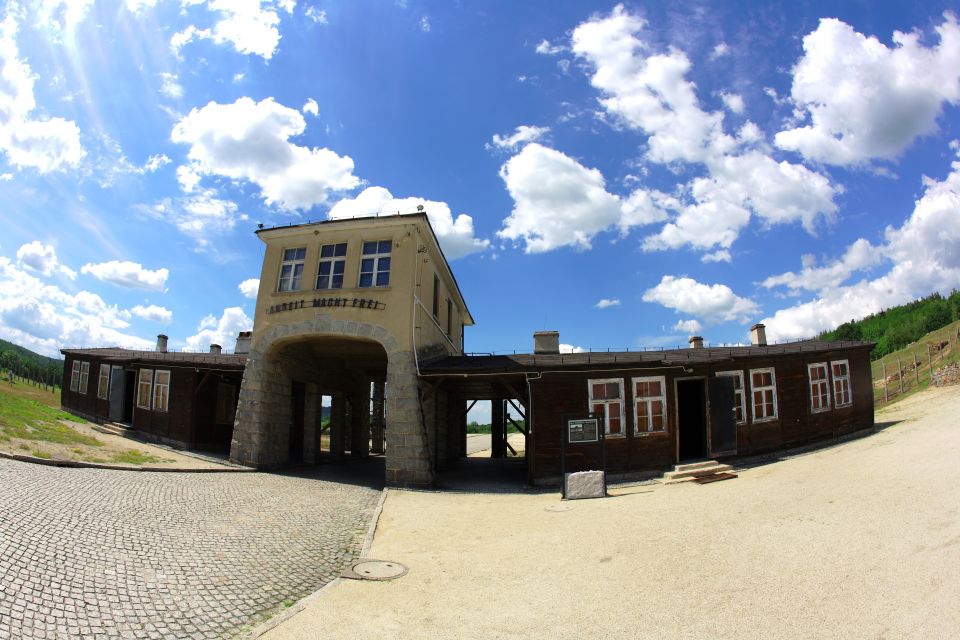
With an impressive overall rating of 4.9 out of 5 based on 12 reviews, the Wroclaw WWII tour has garnered positive feedback from participants.
Tour-goers appreciate the quality of the experience, highlighting several key aspects:
-
Knowledgeable Guides: Participants commend the guides for their expertise and engaging storytelling.
-
Comfortable Transportation: Many found the transport to be comfortable and convenient, enhancing the overall experience.
-
Well-Organized Itinerary: Reviewers noted the tour’s efficient organization, allowing ample time at each site.
-
Value for History Enthusiasts: Many recommend this tour as an excellent opportunity for anyone interested in WWII history.
Booking Details and Pricing
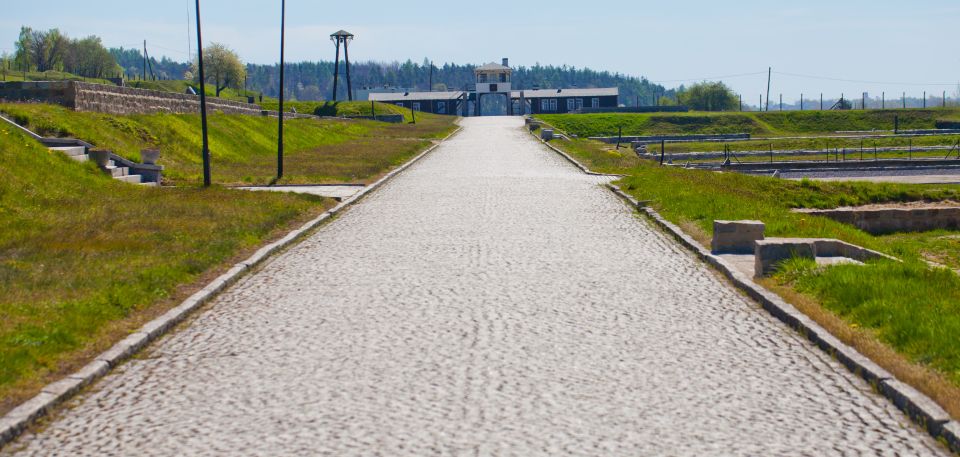
Participants looking to join the Wroclaw WWII tour will find flexible booking options and competitive pricing. The tour lasts nine hours and is priced from $233.47 to $186.77 per person, allowing guests to save up to 20% when booking.
With a limited group size of eight, participants can enjoy a more personalized experience. Reservations require no upfront payment, and all taxes, fees, and handling charges are included in the price.
Travelers can cancel their bookings up to 24 hours in advance for a full refund, adding to the convenience. For those interested, the meeting point is conveniently set at the participant’s hotel or apartment in Wroclaw, ensuring an easy start to the day.
Practical Information for Travelers
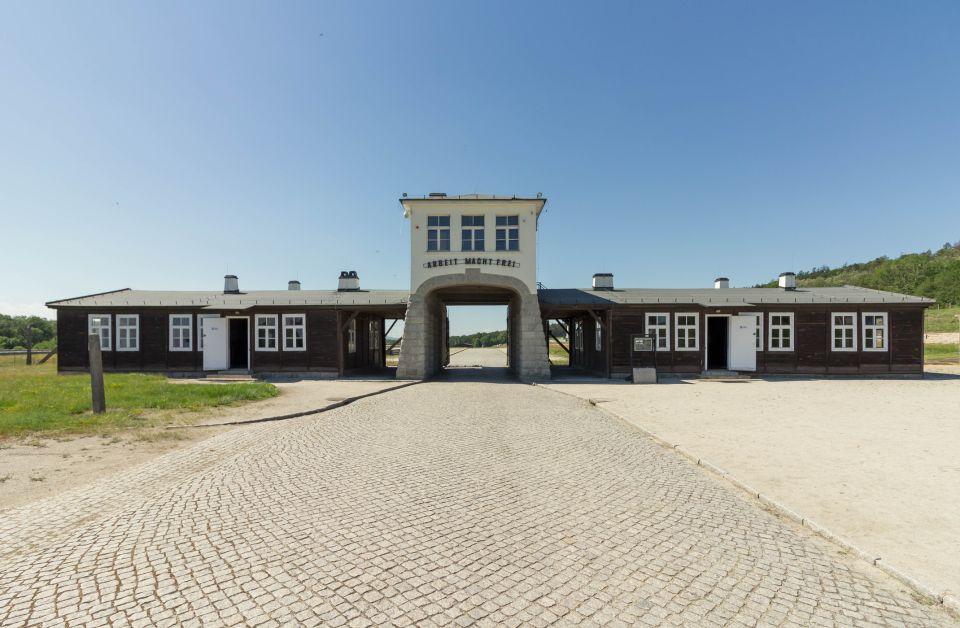
Travelers eager to explore Wroclaw’s WWII history should keep several practical details in mind to enhance their experience.
Here are some helpful tips for making the most of the journey:
-
Book in advance: Secure your spot early to ensure availability, especially during peak seasons.
-
Dress comfortably: Wear suitable clothing and footwear for exploring historical sites, including some uneven terrain.
-
Bring water and snacks: Stay hydrated and energized throughout the day, as some locations may not have on-site facilities.
-
Use public transport: Wroclaw has an efficient public transport system, making it easy to navigate the city and reach your hotel after the tour.
With these tips, travelers can fully enjoy their time exploring Wroclaw’s rich WWII history.
Frequently Asked Questions
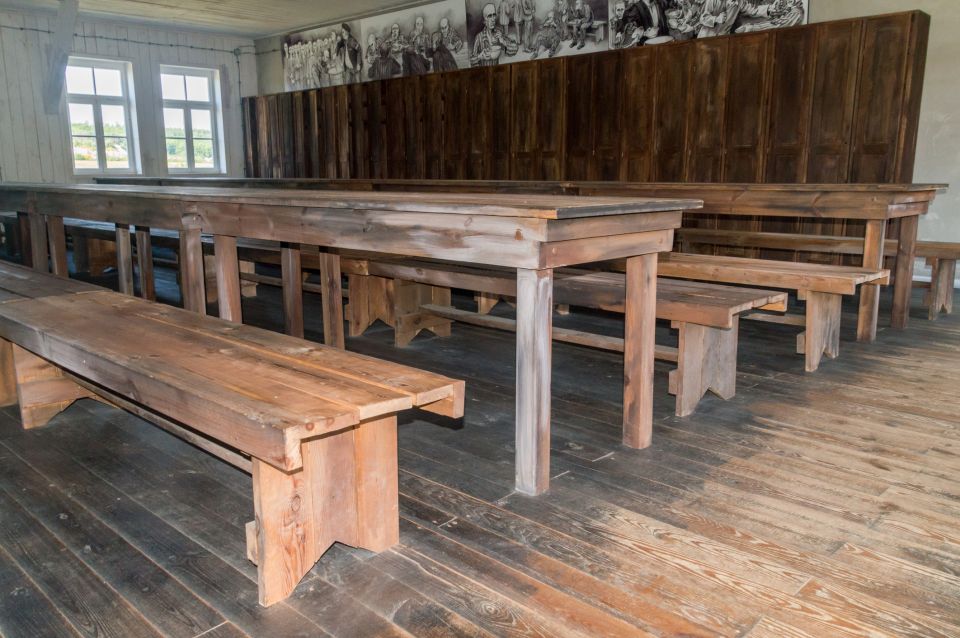
What Should I Wear for the Tour?
For the tour, she should wear comfortable walking shoes, layered clothing for varying temperatures, and a light jacket. A hat and sunscreen are wise, especially if they’ll spend extended time outdoors exploring historical sites.
Are Meals Included During the Tour?
Meals aren’t included during the tour, so participants should plan accordingly. They can enjoy local dining options recommended by the guide, ensuring a fulfilling experience while exploring the historical sites throughout the day.
Is Transportation Provided for All Participants?
Yes, transportation’s provided for all participants. The tour includes hotel pick-up and drop-off, ensuring a convenient experience. Participants appreciate the organized travel, which enhances their exploration of historical sites throughout the day.
Can Children Join This Tour?
Yes, children can join the tour. The limited group size ensures a personalized experience, making it suitable for families. Parents appreciate the engaging content and the opportunity to learn about history together in a supportive environment.
Are There Restroom Facilities at the Tour Sites?
The tour sites typically have restroom facilities available for visitors. Participants can expect convenient access during their exploration, ensuring a comfortable experience while they explore the historical significance of each location.
The Sum Up
The "Wroclaw: Day of WW2" tour offers a unique opportunity to explore the complex history of WWII in Lower Silesia. Participants not only explore significant sites like the Riese Complex, Gross-Rosen, and Ksiaz Castle, but also engage in thoughtful discussions about the resilience and suffering experienced during this dark period. With knowledgeable guides leading the way, travelers leave with a deeper understanding of history, making this tour both enlightening and memorable.
You can check availability for your dates here:More Tour Reviews in Wroclaw
Not for you? Here's more nearby things to do in Wroclaw we have reviewed
- Wroclaw: Spy-Themed Walk & Game with Host/Guide
- Wroclaw: Old Town, Ostrów Tumski, and Dwarves Guided Tour
- Wroclaw: 3-Hour City WalkingTour with University & Cathedral
- Wroclaw: Private Tour by smal Historic Tram 1,5h 13-16 seats
- The Best of Pozna (Small group)
- Wroclaw: Old Town Sunset Boat Cruise
- From Wroclaw: Adrpach Rock City Trip with Private Driver
- Wroclaw: No Limit Beer City Tour Sightseeing By Golf Cart
- Wroclaw: Private Sightseeing and Beer Tour by Golf Cart
- Wroclaw ticket for Old Town boat cruise during the day
- Wroclaw: Old Town Nighttime Cruise Ticket
- Wroclaw: Private Classical Music Concerts-Candle Concerts
